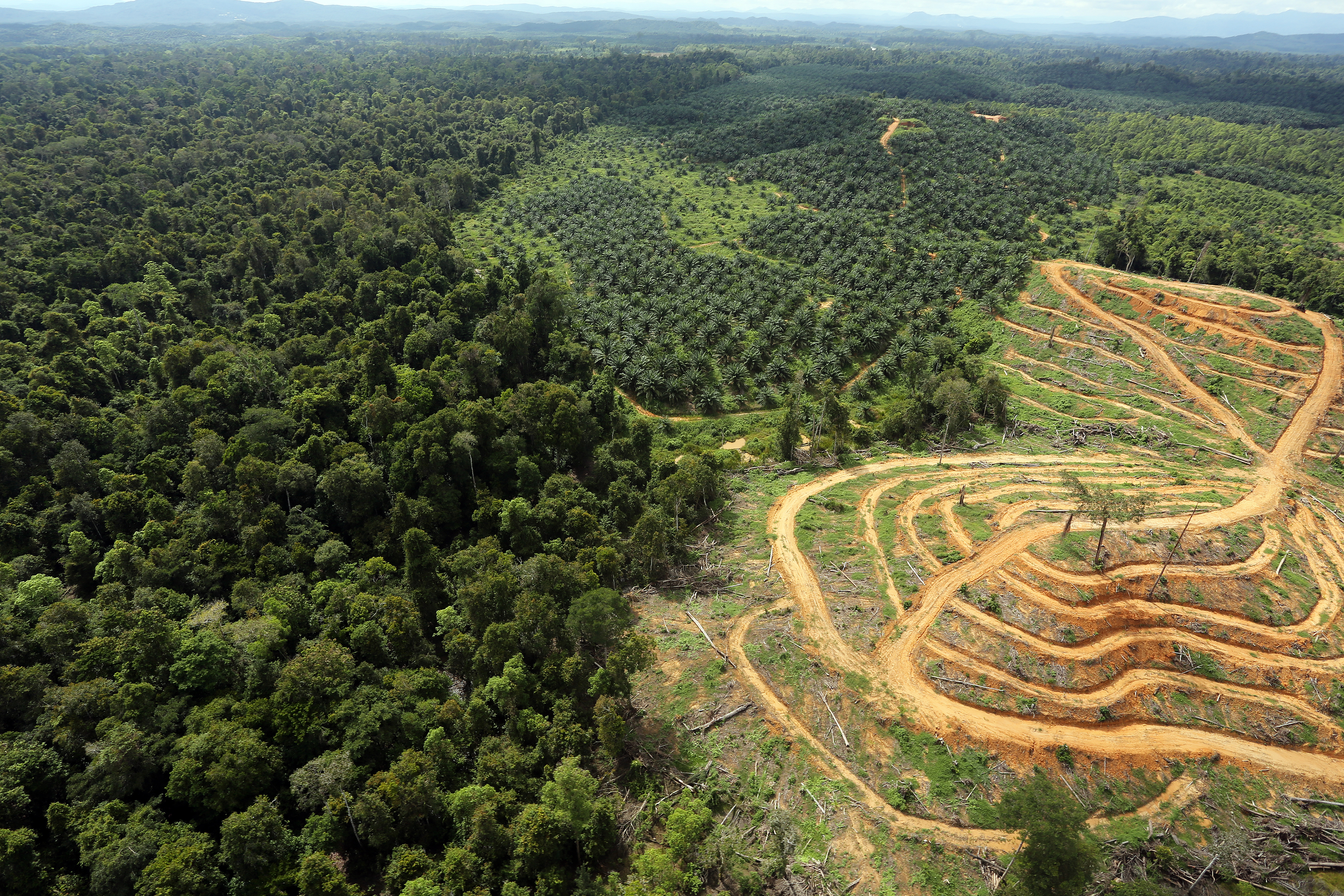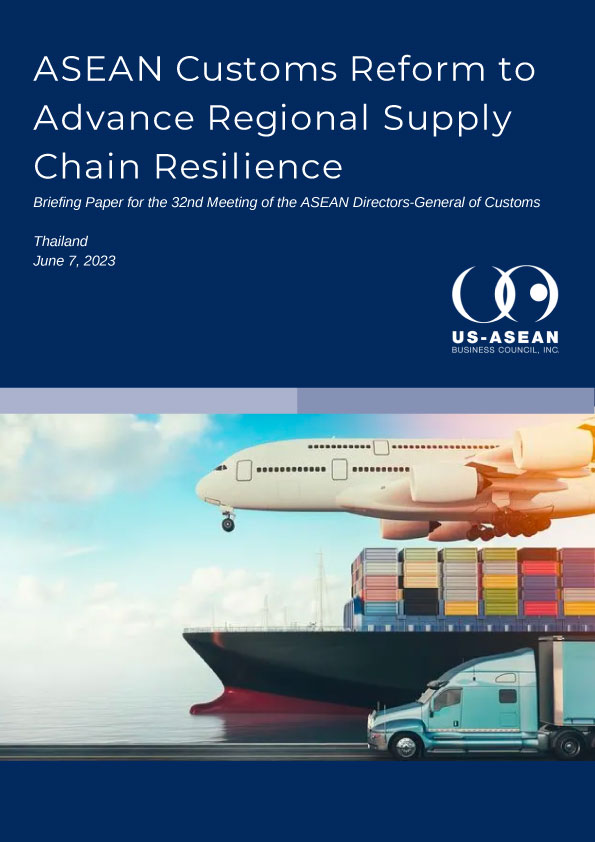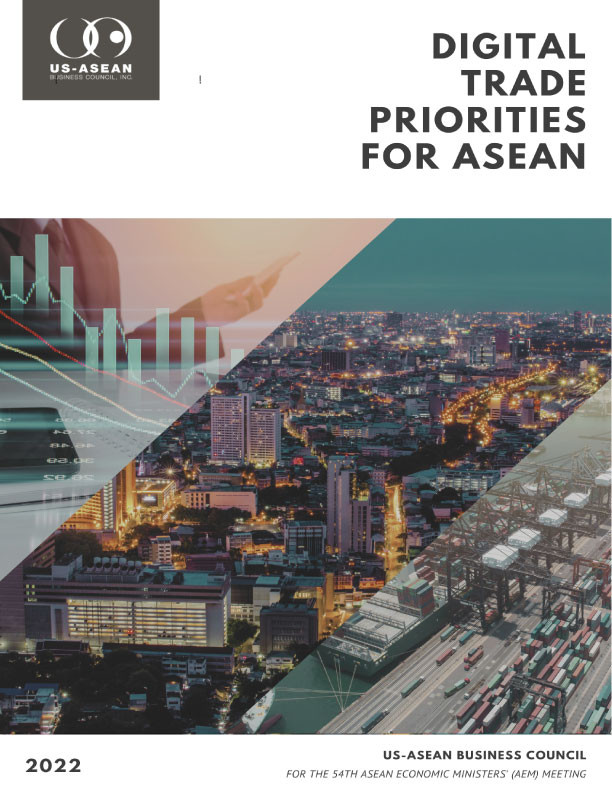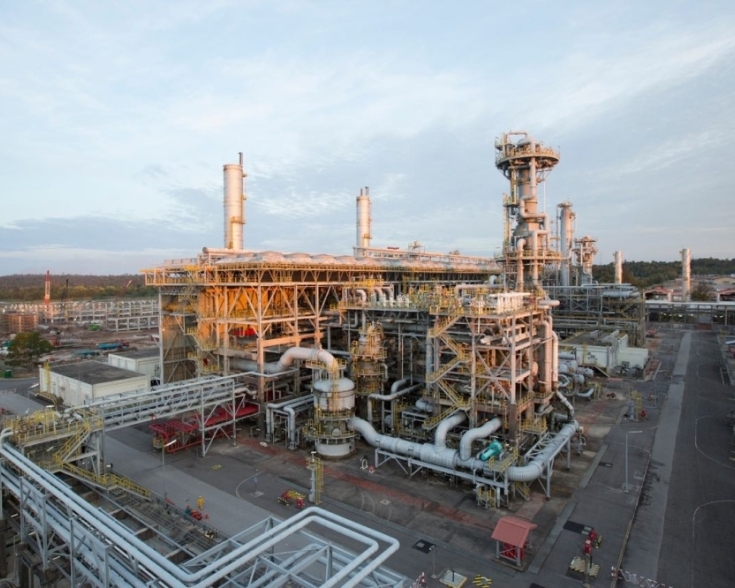The WTO Mediates Malaysia and the EU’s Perennial Palm Oil Debate

On March 5, the WTO ruled in favor of the EU’s law that biofuels linked to deforestation cannot be classified as “renewables” and are thereby subject to import bans within the bloc. This notably includesbiodiesel made from palm oil, which Malaysia has repeatedly contested at the WTO as a “renewable fuel,” arguing that the law is “discriminatory,” with the latest case before this one taking place in 2021. The EU seeks to phase out palm oil-based fuels by 2030, with restrictions extending to industries operating on deforested lands, from meat to critical minerals.
In this 2024 case, the WTO addressed Malaysia’ grievances regarding the EU’s criteria for deforested land usage and government consultation process. Malaysia has historically contended that the EU’s definition of “deforested” land is too broad and rapid import bans have come as unprecedented shocks to Malaysian producers. Even so, the regulations remain in place for Malaysian palm oil. However, a WTO-mandated amendment to the EU policy that is currently being developed could grant visibility to affected growers.
Palm oil is a key export for Malaysia, the world’s second largest producer following Indonesia. The two countries collectively make up 85% of global palm oil production. In Malaysia, the product makes up a proportionally larger percentage of the economy, supporting small-scale farmers’ livelihoods. The Malaysian Ministry of Plantation and Commodities advocates for continued palm oil use including in aviation fuel, reasoning that the country’s agrarian populace is not able to meet the price adjustments and transitional demands of the EU’s Deforestation Regulation.









